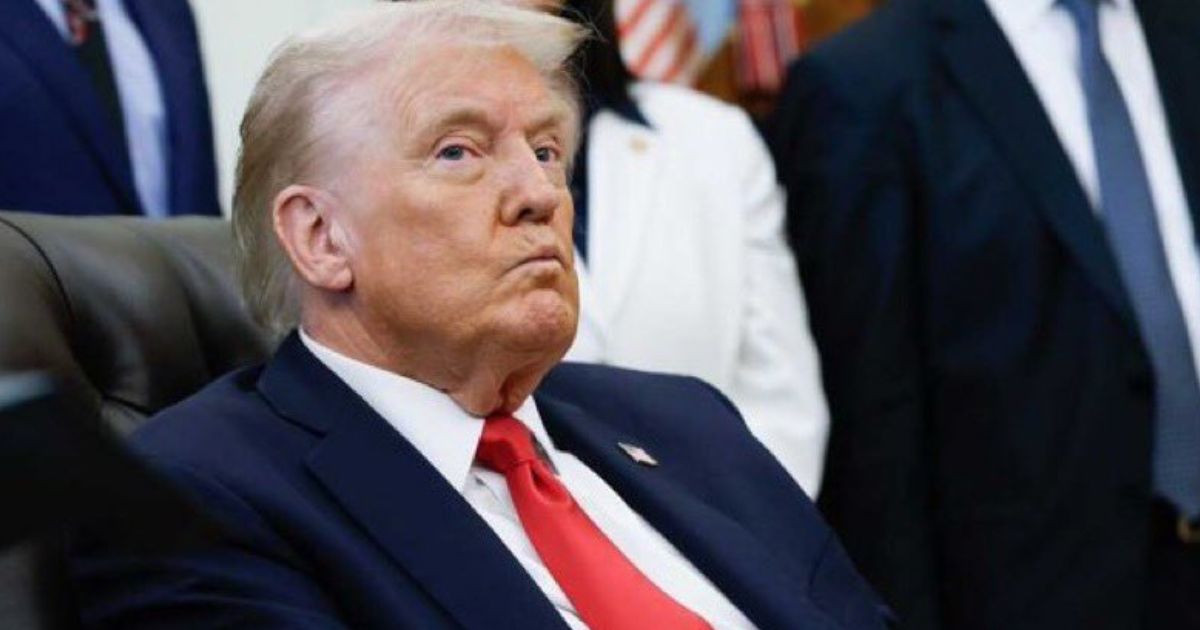President Donald Trump’s latest bid to deploy National Guard troops to Chicago hit a major legal wall this week after Federal Judge April M. Perry blocked the administration’s order, ruling that the White House failed to provide any credible evidence of a “rebellion” in Illinois. The ruling, which immediately bars the deployment for 14 days, delivers another sharp rebuke to Trump’s ongoing attempts to assert sweeping authority over local security matters.
In a strongly worded decision, Judge Perry said the administration’s justification for federal intervention did not meet constitutional standards. “The record before this court lacks sufficient evidence of insurrection or rebellion as required by federal law,” she wrote, adding that the president’s order “raises serious constitutional concerns” about the use of federal forces within domestic jurisdictions.
The decision came after the Trump administration argued that sending troops was necessary to curb what it described as “violent unrest” in Chicago. However, the court found no verified data or evidence to support that claim. Perry’s injunction means that, at least for now, the Illinois National Guard cannot be deployed under Trump’s command to patrol the city.
A federal appeals court later upheld Perry’s ruling, effectively freezing Trump’s troop plan while leaving the service members under federal control. That means they remain on standby but are prohibited from operating within Chicago or other parts of Illinois. The appellate panel did not rule on the broader constitutional questions but made clear that the administration’s emergency justification lacked solid grounding.
Judge blocks Trump’s attempt to send National Guard troops to Chicago
Yet another federal judge has ruled that Donald Trump is prohibited from deploying troops to the streets of an American city. Judge April Perry said that the Trump administration is offering her “unreliable… pic.twitter.com/hHF4YAiX5X
— Augadh (@AugadhBhudeva) October 11, 2025
The decision represents one of the most significant judicial pushbacks against Trump’s use of federal power since his return to office. It also reignites the long-running debate over the limits of executive authority in domestic affairs. Legal experts say the courts’ firm response could set a precedent for how future administrations handle claims of domestic disorder.
“This is not a question of public safety but of constitutional balance,” said one constitutional law professor following the ruling. “The president cannot simply invoke rebellion where none exists. The judiciary has reaffirmed that limits still apply.”
For Chicago officials, the ruling came as relief. Governor J.B. Pritzker and Mayor Brandon Johnson both expressed concern earlier this month that Trump’s plan to deploy troops without state consent would escalate tensions rather than ease them. Johnson called the court’s decision “a victory for local governance and the rule of law.”
Still, the legal battle is far from over as the Trump administration has signaled its intent to appeal the injunction, maintaining that the president has authority under the Insurrection Act to deploy troops anywhere in the country if he deems it necessary to restore order. The Justice Department, however, has not yet clarified how it plans to substantiate those claims after the court’s sharp criticism.
For now, the National Guard troops remain sidelined, awaiting the next move in a power struggle that pits presidential ambition against constitutional restraint, a conflict that, for Trump, has become all too familiar.









